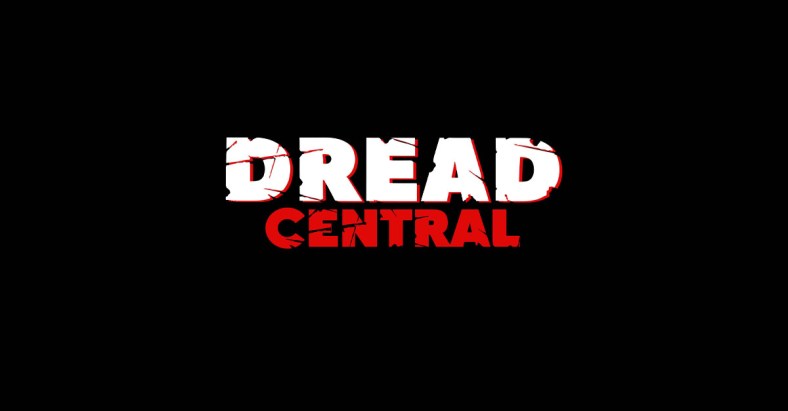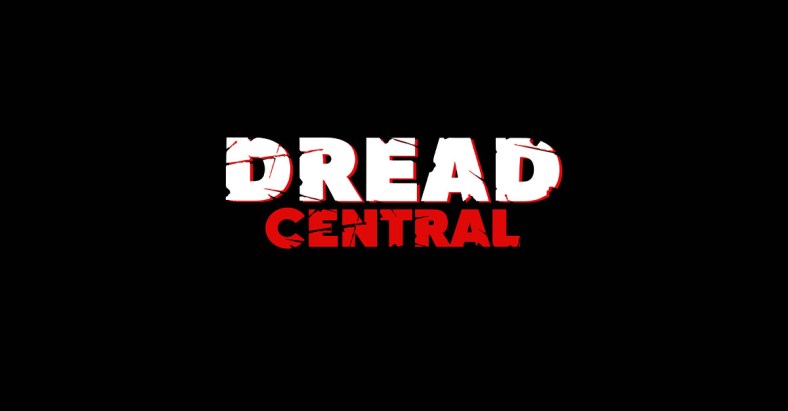“Lo There Do I See My Father”: Revisiting John McTiernan’s THE 13TH WARRIOR

The word “underrated” is one that crops up frequently when discussions of film arise. It’s also a word that is often used improperly. The intention of many, it seems, is to use the word when describing a film that is rarely discussed or hasn’t been seen by many. Perhaps a more accurate term for those situations is “underseen” or “underrepresented”. Few movies that are deemed “underrated” actually meet the necessary qualifications of that term, which would simply be a movie that wasn’t, and still isn’t appreciated for what it has to offer. Movies like You Were Never Really Here, per The Daily Cardinal, or Dark City aren’t underrated, they just didn’t have large audience turnouts during their theatrical runs. In fact, those two examples hold 88% and 78% Fresh ratings on Rotten Tomatoes, respectively. “Underrated” they most certainly are not.
I bring all of this up because there are movies that are underrated and time often sways opinions. A notable example would be The Thing, which Starlog stated John Carpenter, “…totally ruined it the moment he [entered the picture].” Another would be The Shining, where The Washington Post’s Gary Arnold claimed, “I can’t recall a more elaborately ineffective scare movie.” Movies that have been reappraised as masterpieces may not be seen as such during their release and it’s only because of the dedication of a vocal minority that they often get a much-deserved reassessment.
I believe John McTiernan’s 1999 fantasy/horror film The 13th Warrior is due for such a treatment.
A loose retelling of Beowulf and based on the novel Eaters of the Dead by Michael Crichton, whose other ’90s film adaptations include Jurassic Park, Rising Sun, and Disclosure, The 13th Warrior was adapted by William Wisher, Jr. (who worked on the first two Terminator films) and Warren Lewis, one of the writers behind Black Rain. Furthermore, Crichton was co-writer and co-producer on one of the decade’s top-grossing movies: Twister. Add to all of this that Crichton created the hit TV series ER in 1994 and you’ll understand why his name had so much clout in that decade.
Then you throw in John McTiernan, whose list of accolades includes Predator, Die Hard, The Hunt For Red October, Die Hard with a Vengeance, and The Thomas Crown Affair remake. This was a director who knew action like the back of his hand. Couple that with his ability to add dashes of fantasy in his work, as evidenced by Last Action Hero, and this collaboration seemed like a match made in Valhalla. Unfortunately, as history has already shown, it couldn’t be further from the truth.
A poor marketing campaign (just watch that atrocious trailer) coupled with scathing reviews – Roger Ebert stated the film was yet, “…another example of f/x run wild, lumbering from one expensive set-piece to the next without taking the time to tell a story that might make us care.” – and it’s easy to see why interest wasn’t there. Then there was the budget, which some estimates claim ballooned from the original $60 million to a staggering $160 million. As if that weren’t enough, test screenings were dismal, so much so that Crichton was brought in to reshoot several sequences and the film’s original composer, Graeme Revell, was swapped to Alien and The Omen‘s Jerry Goldsmith.
While it’s understandable why the film didn’t do well, seeing as how fantasy is rarely a box office guarantee, it’s disappointing that it has been cast off and ignored. The unrealistic production did allow for beautiful set pieces, wonderful costume designs, and an epic journey that’s steeped in atmosphere. Action sequences were chaotic yet calculated, their scope never small and always full of palpable risk.
And the characters themselves were engaging and interesting. Banderas’ Ahmad ibn Fadlan might have often been the comic relief but it was never as a full-on joke. Instead, it was the humor of the situation, a man banished from his land and thrust into a world where he’s completely at odds with a culture he doesn’t know, a language he has to learn, and a people who are wildly different from what he has always known. There is a relatable honesty in his humorous discomfort because it is understandable.
Vladimir Kulich as Buliwyf exudes power and confidence while Dennis Storhøi as Herger plays the necessary role of the bridge between Ahmad and the people, lands, and culture of the Northmen. The brief moments we get with Omar Sharif’s Melchisidek are delightful, his mirth at Ahmad’s situation barely disguised.
While the portrayal of Viking culture isn’t 100% accurate, there is enough right to make this world and story feel real and engaging. Movies are supposed to take us to worlds we could never possibly hope to experience and The 13th Warrior does precisely that.
There’s no way to argue that The 13th Warrior is a flawless film. It simply cannot be done. But that’s not the point here. The point is to say that it’s not as bad as many make it out to be. In fact, I posit that it’s thoroughly entertaining, charming, full of likable characters, and deserves a second chance.
To paraphrase Ahmad ibn Fadlan, “For all we ought to have thought, and have not thought; all we ought to have said, and have not said; all we ought to have done, and have not done; I pray thee, Film Community, give The 13th Warrior forgiveness.”

Categorized:Editorials News

